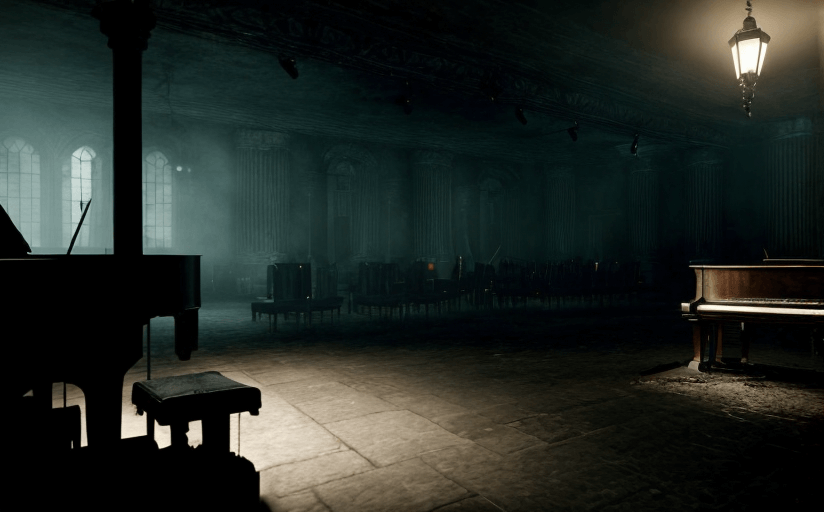Classical Music in Survival Horror Video Games: An In-depth Analysis
For several decades, classical music has played an influential role in the development and reception of survival horror video games. Not only does it intensify the gameplay experience, but it also enhances the immersive atmosphere, emotion, and aesthetic appeal in these games. This article presents an historical perspective and shares examples of popular video games that superbly incorporate classical music.
Historical Perspective
The integration of classical music in video games dates back to the 1980s, with Capcom's 'Sweet Home' considered as an early landmark. The orchestrated score significantly contributed to the game's terrifying atmosphere, setting a standard for future survival horror games such as 'Resident Evil' and 'Silent Hill'.
Classical Music in Modern Survival Horror Games
Modern games have continued to incorporate classical elements. 'Amnesia: The Dark Descent', for instance, utilizes haunting piano melodies that create a nail-biting atmosphere. The 'Dead Space series', on the other hand, employs operatic scores that ratchet up the tension and fear.
The Role of Composers in Game Development
The quality and effectiveness of these scores owe a great deal to the talent of video game composers like Akira Yamaoka of 'Silent Hill' fame. These composers often work closely with developers to time the music with gameplay, reinforcing the horror vibe and syncing it with players' experiences.
Psychological Impact of Classical Music on Gamers
Classical music in horror games has a profound psychological impact on gamers. The gradual crescendo of a symphony can mimic the rising heart rate of a player facing impending doom, while the sudden silence that follows an intense moment can spark feelings of dread and suspense, thus augmenting the thrill of the gameplay.
Future of Classical Music in Video Game Industry
The future prospects of classical music's incorporation in the video game industry are immense. As the demand for narrative depth and realism in games grows, so will the demand for high-quality musical scores. Composers and developers alike will continue to explore and innovate, utilizing classical music to intensify and elevate the gaming experience.


















Comments
Leave a Comment